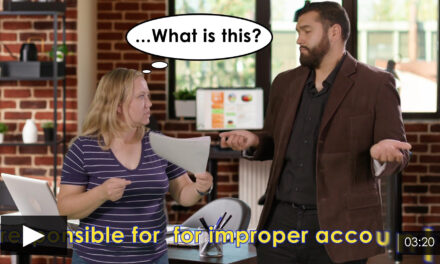Hilaly v. Allen
Facts: A landlord purchases a residential rental property that is already occupied by a tenant. During the course of the purchase transaction, the landlord’s real estate agent presents the tenant with a questionnaire regarding the terms of the tenant’s existing lease. Due to the confusing wording of the questionnaire, the tenant indicates parking is not included despite the fact that they have a garage and a driveway in which guests sometimes park. The landlord issues an Ellis Act eviction notice to the tenant in order to claim possession of the property themselves. The tenant becomes ill and the landlord agrees to extend the move-out date. The landlord then prohibits guests from parking in the driveway during the tenant’s continued occupancy. The tenant remains in possession after the extended move-out date and the landlord files an unlawful detainer (UD) action.
Claim:The tenant seeks to retain possession of the property, claiming the landlord’s eviction notice is invalid since the landlord changed the lease terms concerning the parking policy during the notice period, and an elderly or disabled tenant may dispute an Ellis Act eviction due to a change in lease terms during that period.
Counterclaim: The landlord claims the tenant may be evicted since the questionnaire on which the tenant noted parking was not included in the lease acted as an estoppel certificate and the landlord did not alter the terms of the lease.
Holding: A California appeals court holds the eviction is invalid since the landlord changed the lease terms during the notice period. [Hilaly v. Allen (May 21, 2019)_CA6th_]
Editor’s note — A tenant estoppel certificate — such as the one included in RPI’s series of landlord-tenant real estate forms — informs the landlord about the specifics of the tenant’s existing lease. The use of such a form here would have prevented confusion over the tenant’s parking situation. [See RPI Form 598]














